Best 8K TVs 2026: When 4K won't cut it, these are the best 8K TVs
Here are the best 8K TVs you can buy – and whether or not it's worth it

Picking up one of the best 8K TVs on the market means you're ready to experience the very best possible viewing experience of modern times – you get four times the pixels than the now-standard 4K, together with cutting-edge panel tech.
The likes of Samsung, Sony and LG are bringing us some of the very best 8K models right now, but they also come with a premium price tag attached. So if you’re looking for something more affordable, head to our guide for the best TVs under £1000 – while there are no 8K TVs in that list, there are some great 4K models.
If you’re still not sure what all the fuss is about, we also cover what makes that 8K resolution so special further down the page. But before you get these, here are the best 8K TVs money can buy right now.
T3 Top Picks
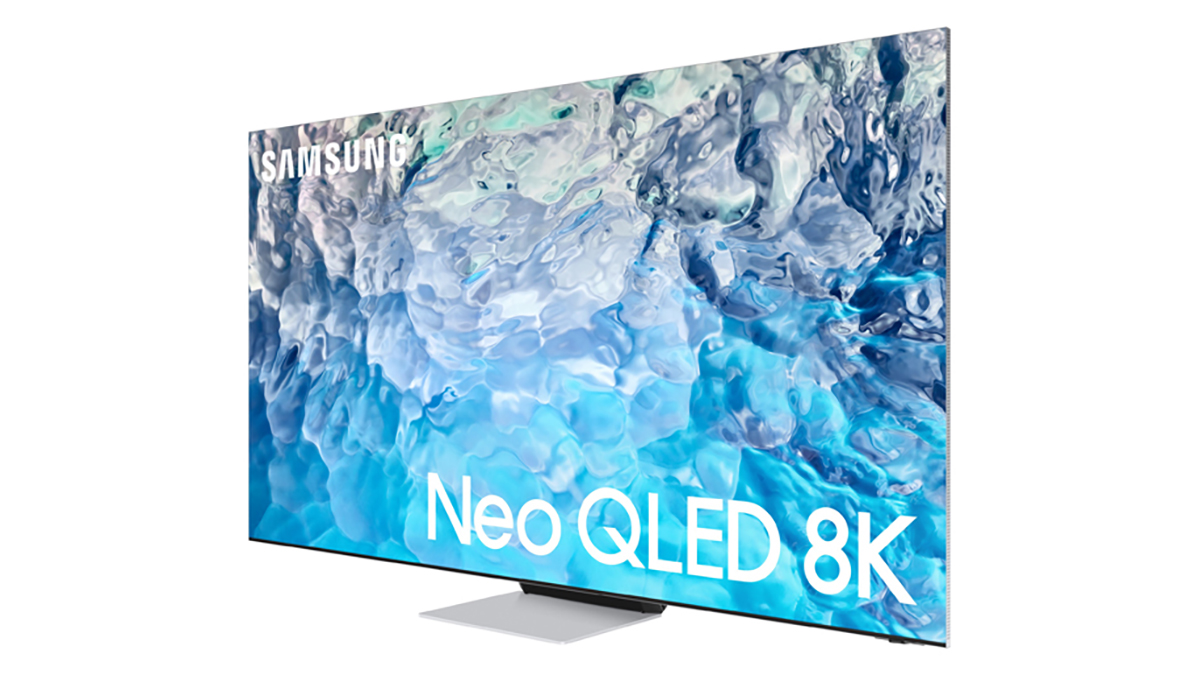
Best for most people
It's hard to overstate how impressive the 8K picture is on the Samsung QN900B, and because it's no longer brand new, prices for it have dropped. It proves that Mini LED can get close to OLED in terms of quality, and we're big fans of the support for both HDR and the latest HDMI 2.1 format – making this a great buy for a lot of people.
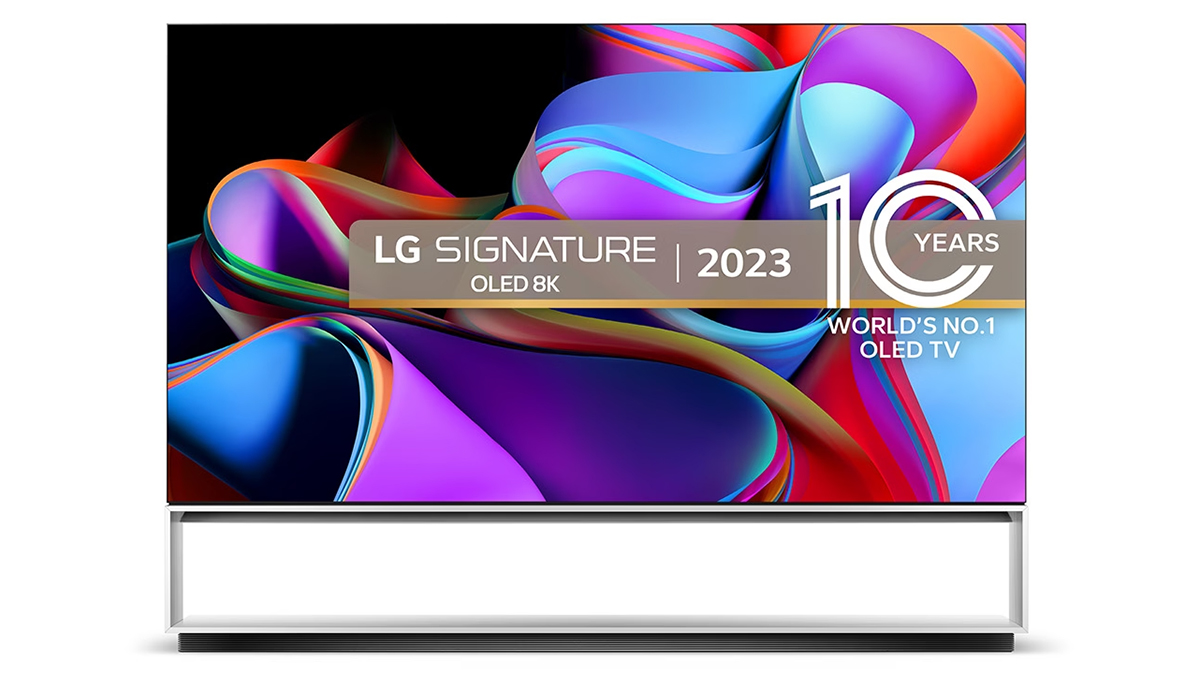
Best OLED 8K TV
If you absolutely want the ultimate in display technology – and you're willing to pay the price for it – then OLED remains the top choice. This (and the newer Z4) are your only choices for an OLED 8K TV at the moment. It certainly doesn't disappoint thanks to the expertise of LG: you get all the usual quality and contrast of OLED tech and brilliant upscaling.
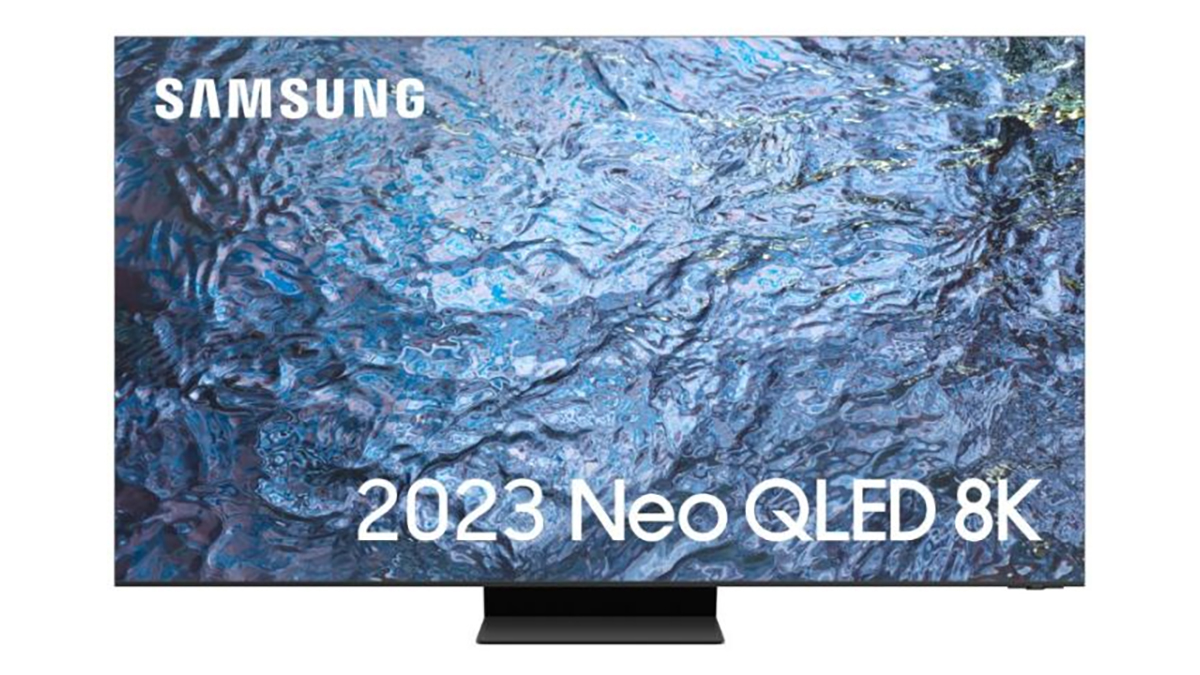
Best premium 8K TV
This is an absolutely top tier premium 8K TV, there's no doubt about that. It's not the cheapest, but we think you still get plenty of value for money from this, because of the super-bright Mini LED technology, immersive sound, superior HDR support, and built-in gaming features. It's certainly hard to beat the QN900D in the 8K category.
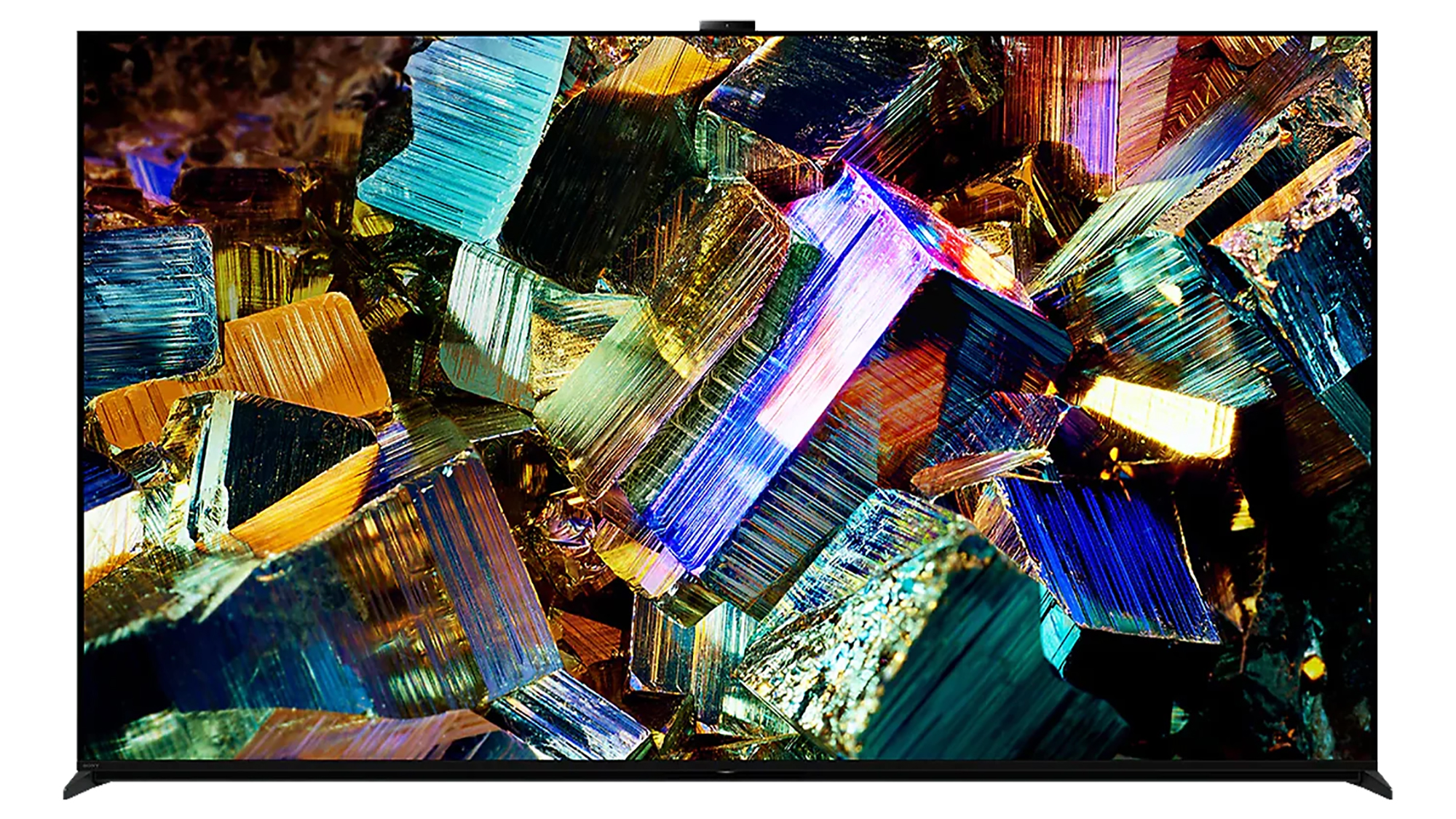
Best Mini LED
Buying a Sony branded TV gives you an assurance that you're getting one of the best sets in the business, and that extends to 8K televisions as well. As well as that eye-popping resolution, the Sony Z9K also brings with it excellent HDR support, top-notch sound, and image processing technology that can make any kind of video source look great.
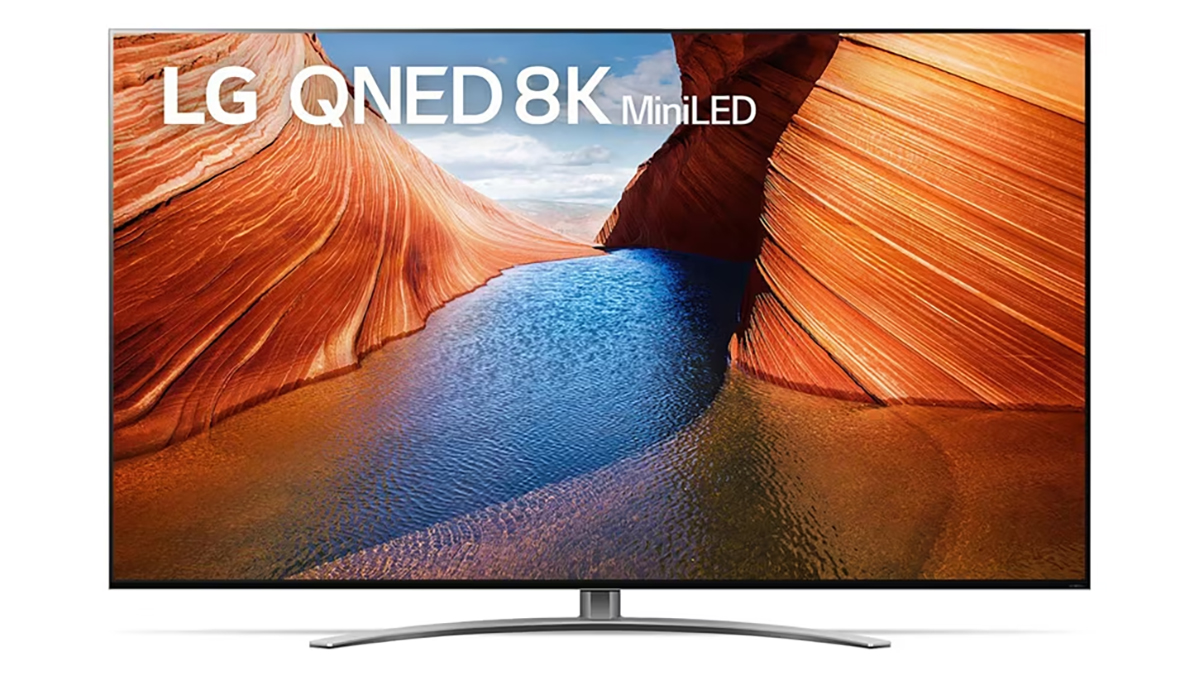
Best affordable 8K TV
Obviously an 8K TV is not the type of TV you want to buy if you're on a budget – but if you do need this many pixels and you want to pay as little as possible, then the LG QNED99 is well worth a look. It brings with it brightness and contrast that really make content stand out, and you've got the HDMI 2.1 support that makes a difference as well.
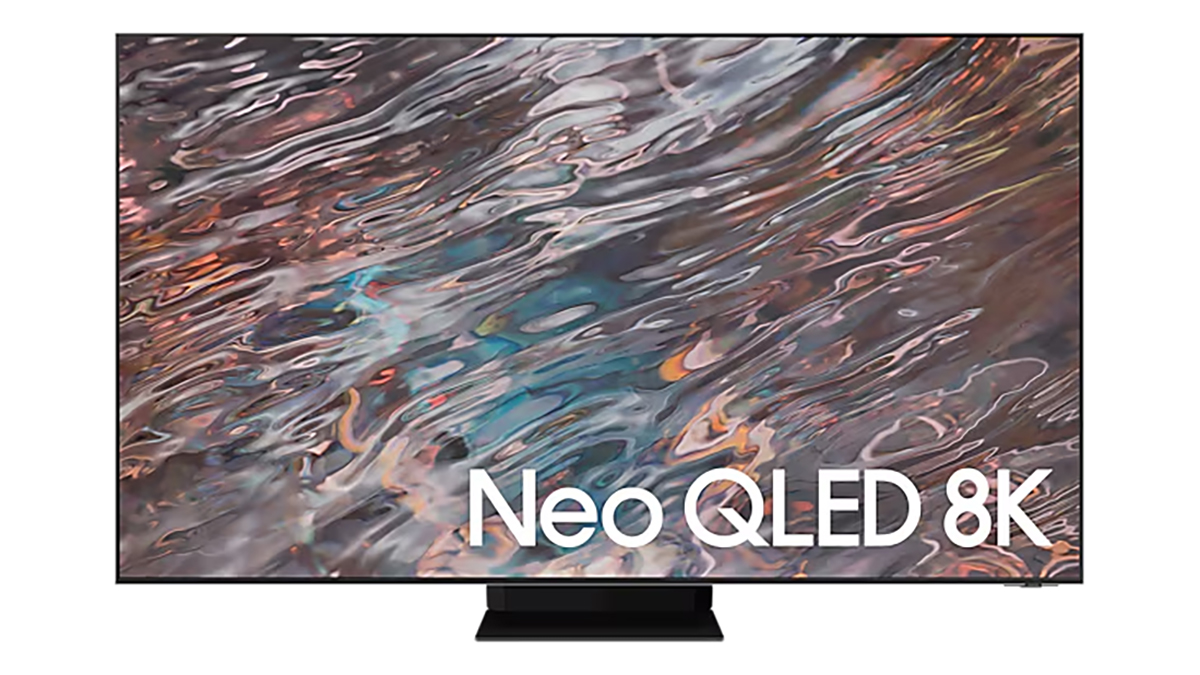
Best entry-level 8K TV
The Samsung QN800A brings with it just about everything gamers will be looking for in an 8K TV – but because it's a little bit older in TV terms, it doesn't have some of the latest bells and whistles (and it's cheaper as a result). There's excellent 4K upscaling here, as well as the HDMI 2.1 support that enables high-end 120Hz performance.
Best for most people
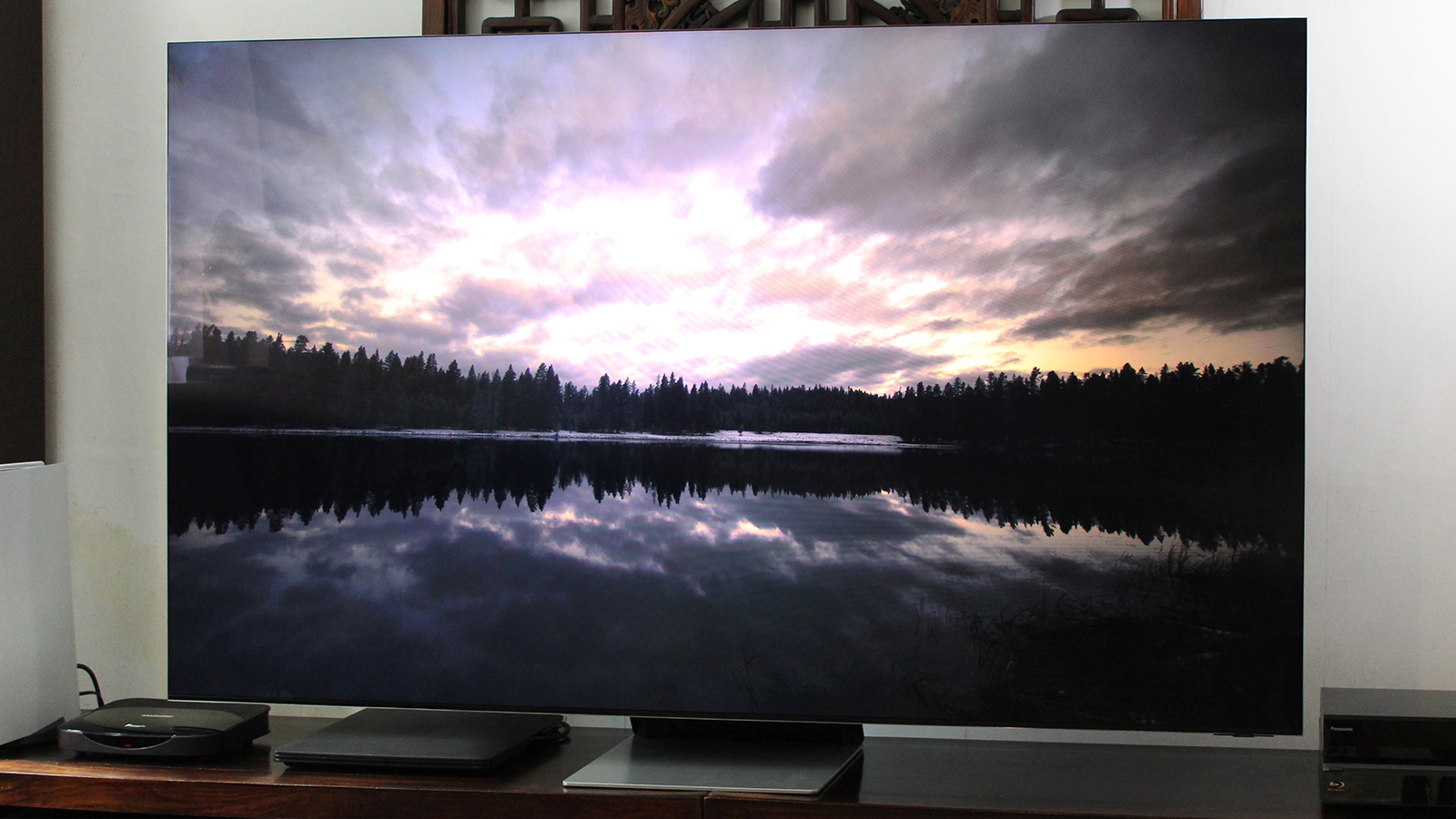
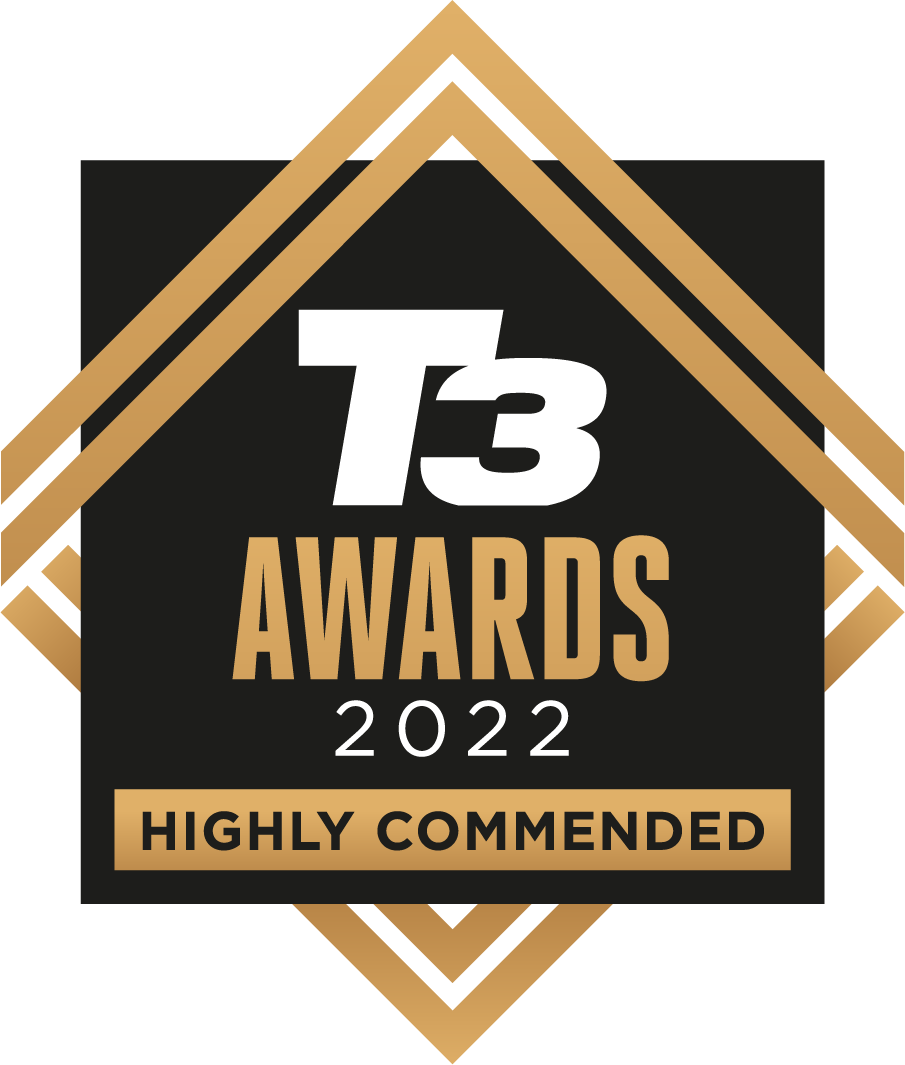
Specifications
Reasons to buy
Reasons to avoid
Mini LED continues to make waves, and the Samsung QN900B – with its Neo QLED panel – is hanging ten on those waves and looking damn cool while doing it. This is an absolutely stunning 8K TV, a flagship in every sense of the word, with an incredible picture, great connectivity, and black levels that basically rival anything in the OLED space.
So why's it the best for most people? Because it's now two generations old and the price will be more fitting for many prospective purchasers. The newer 'C' and 'D' model variations do add more AI processing brains, but buying into this older set will still deliver plenty of bang for your buy.
We reviewed the 75-inch variety, and noted that its HDR performance is amazing, its 4K upscaling utterly convincing, its peak brightness far in excess of OLED (hitting 4,000 nits at one point), and its contrast absolutely remarkable. The QN900B really is the complete package at the right price.
If you want to read more about the best 8K TV on the market at the moment, then head to our Samsung QN900B review for the full rundown.
Best OLED
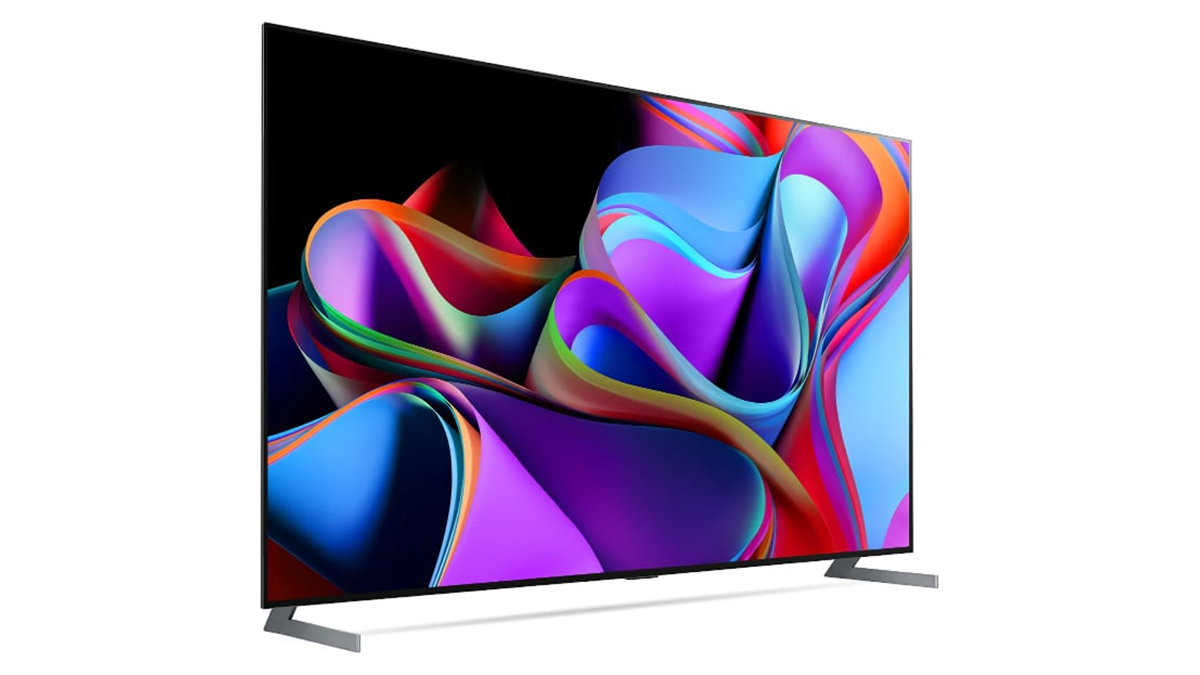
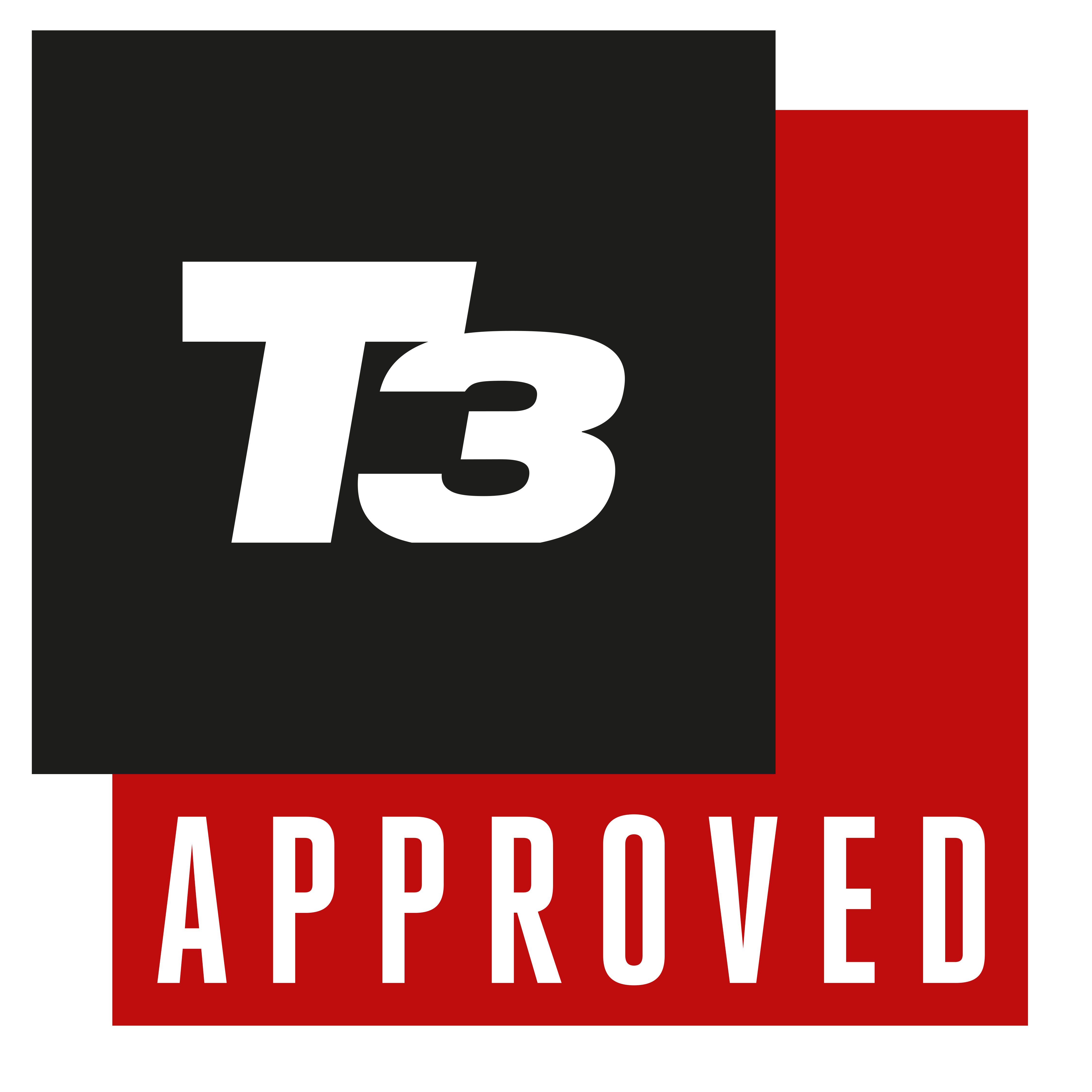
2. LG Z3
Specifications
Reasons to buy
Reasons to avoid
LG makes the world's only 8K OLED TVs, and as you'd expect, they offer truly incredible image quality at a truly incredible price. Available in 77-inch or 88-inch models, this is a bit of a design wonder: the screen itself is ultra thin despite being massive, which means the 88-inch model actually has a stand (with built-in speakers) that you can't detach it from – the structure is crucial to keeping the thing in one piece. The 77-inch model can be wall-mounted, though.
It's equally a wonder to watch anything on. All the advantages of OLED are here – perfect per-pixel colour accuracy and incredible contrast – but in a huge beautiful screen that really washes over you. LG's image processing for upscaling and dealing with motion blur is excellent too, and this deserves to be the centrepiece of any room... as you'd hope, given the astronomical cost.
There's a newer and even pricier Z4 model released as of 2024, too, which is the logical next suggestion to buy if you're seeking an 8K OLED TV. But its very presence means the Z3 is a more affordable purchase, if you can source one.
Best premium
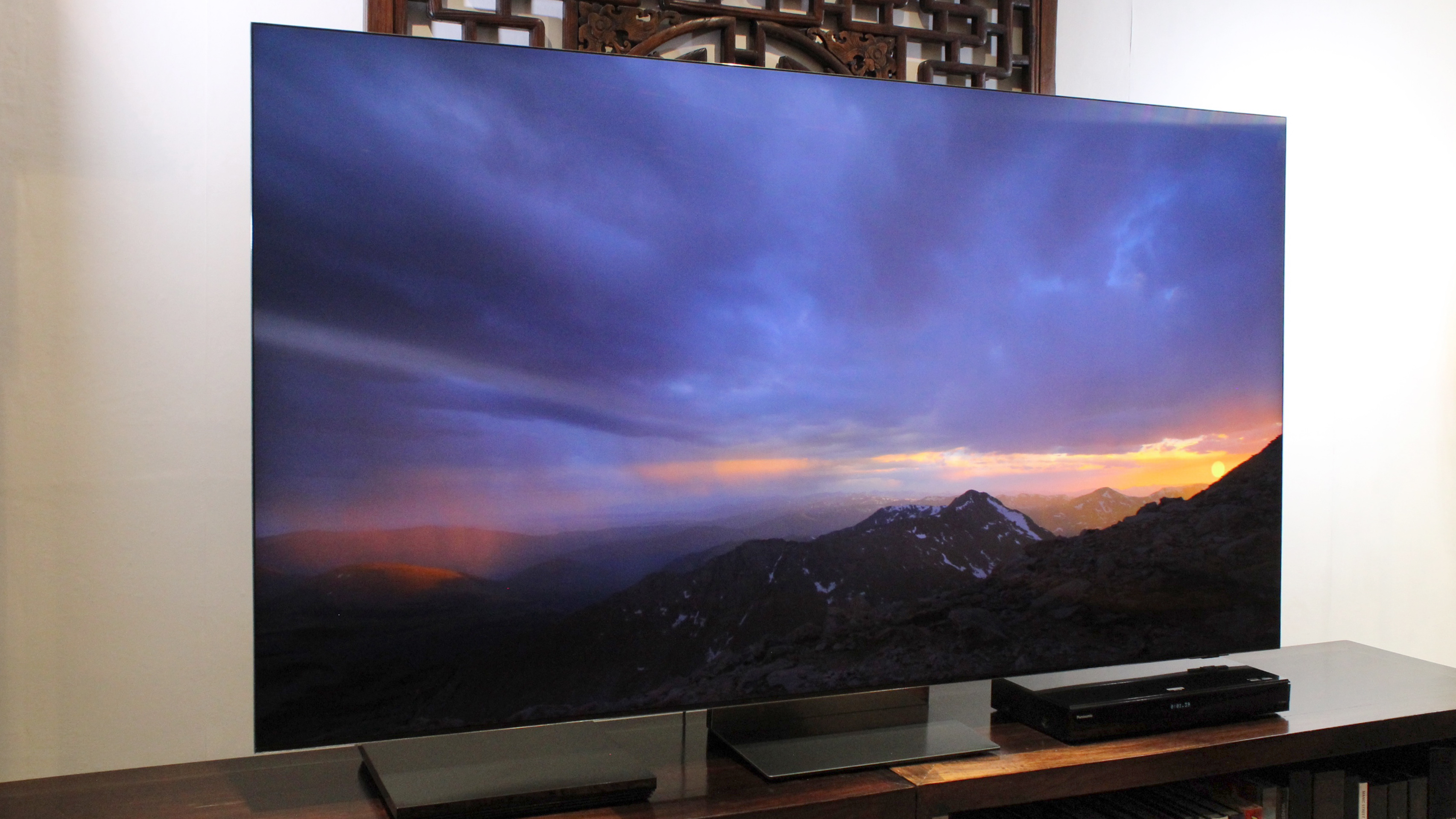
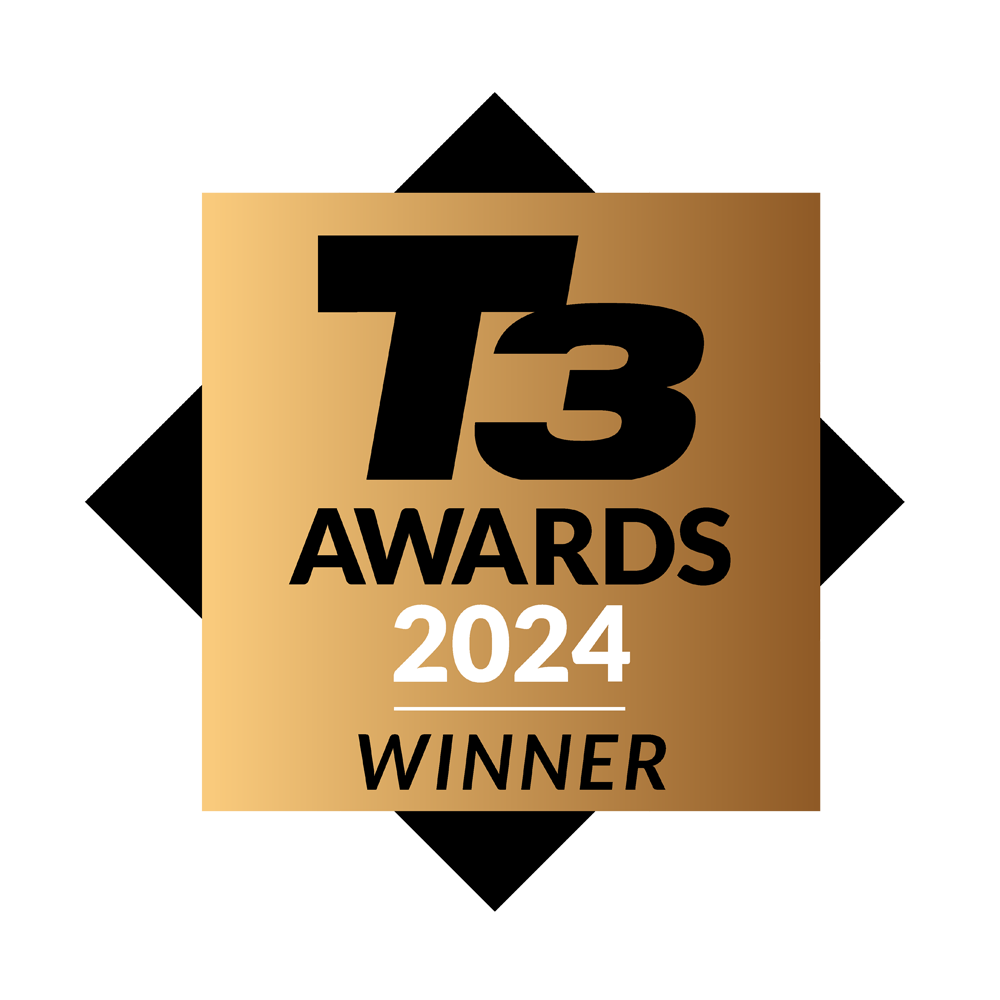
Specifications
Reasons to buy
Reasons to avoid
This is the flagship model in Samsung's QN 8K range, so if you're seeking out the newest and best-of-best, then this TV is absolutely that. It's a T3 2024 Awards winner, too.
If you're choosing between this and the step-down model further up the page, it depends how much you value the latest tech and how much you're willing to pay for it. The QN900D has a state-of-the-art Mini LED backlight, but the best-in-class zone control, with an AI processing brain, to ensure the most perfect images.
As well as all the technology packed into the display, it's an elegant-looking piece of hardware as well. There are plenty of features here to appeal to gamers, including support for frame rates up to 144Hz, and while the price is high we'd say you're still getting a lot back for your cash.
Find out all the features and specs for this set in our full Samsung QN900D review, which tells you everything you need to know about the 8K TV.
Best Mini LED
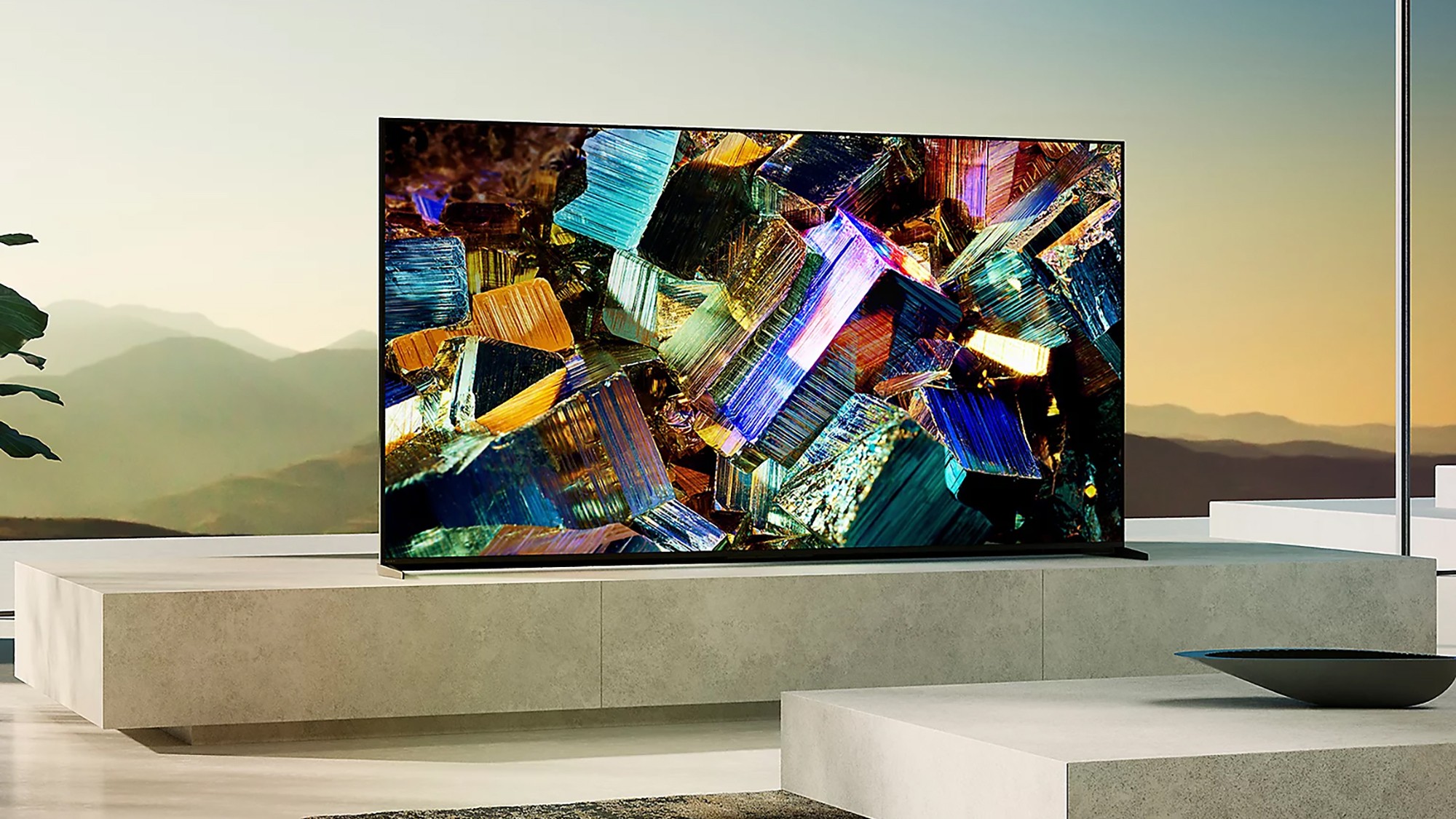

4. Sony Z9K
Specifications
Reasons to buy
Reasons to avoid
This is an incredible TV, making use of every inch of Sony's screen know-how... and boy does Sony have a lot of screen know-how. It uses Sony's Bravia XR processing, which means that it's designed to adjust the picture not only based on the overall frame, but also by judging where the focus is in a particular image, and it operates fantastically well too.
A full array backlight ensures that there's a huge amount of HDR dazzle, with impressively precise contrast. It's not quite at the level that the Samsung sets offer, but remains a step above what you get from 4K TVs – and the processing really lets the 8K panel show what it can do. It's a fairly chunky TV, though not unattractive, and it also fits in a great sound system.
Best affordable
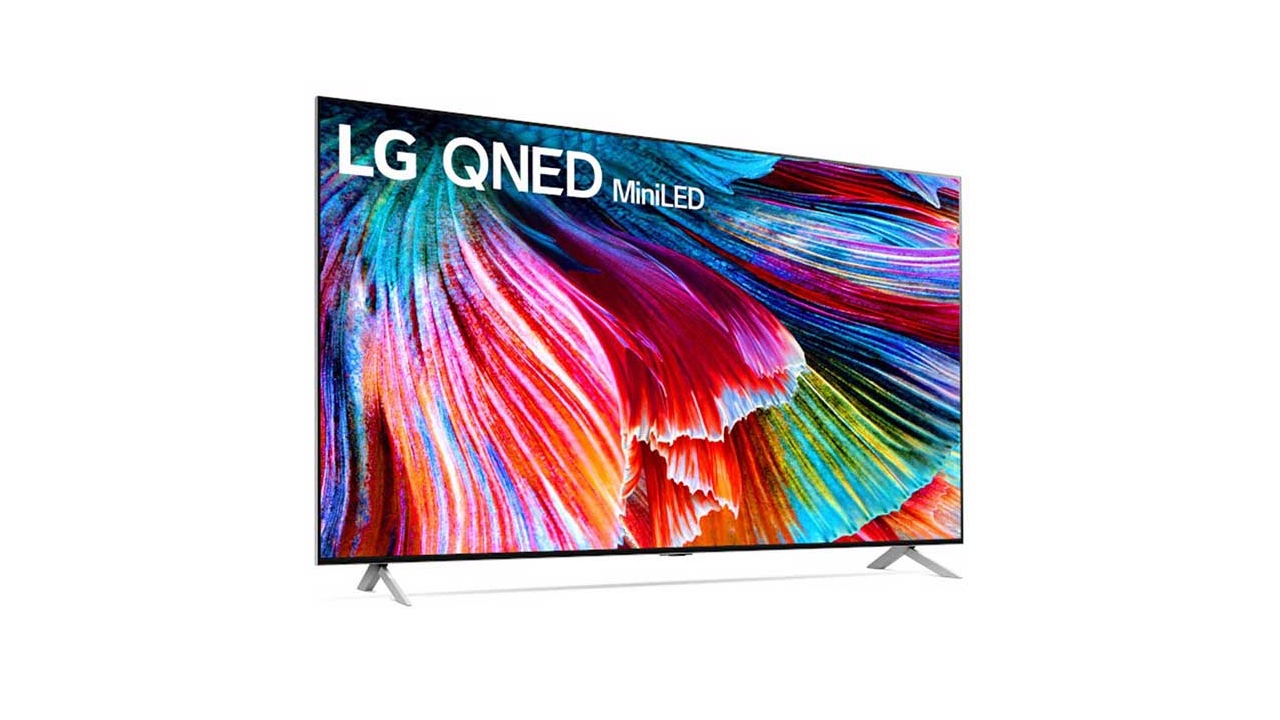

5. LG QNED99
Specifications
Reasons to buy
Reasons to avoid
This QNED99 8K TV from LG is fairly affordable by 8K standards, and it delivers excellent image quality thanks to its quantum dot Mini LED display. It's an IPS panel rather than the more common VA panels, and that means it has superb brightness as well as impressively wide viewing angles (though the downside is that you won't get blacks that are quite as deep).
LG claims that this TV is the best in its class, and it's packed with features: a fourth-generation AI processor, nanocrystal technology for more vivid colour reproduction, game optimisation features, support for Google Assistant, Alexa and AirPlay, and even hands-free voice control. It runs version 6 of webOS, offers HDMI 2.1, and has the all-important upscaling – because 8K content is still fairly hard to find – that works very well.
Best entry-level
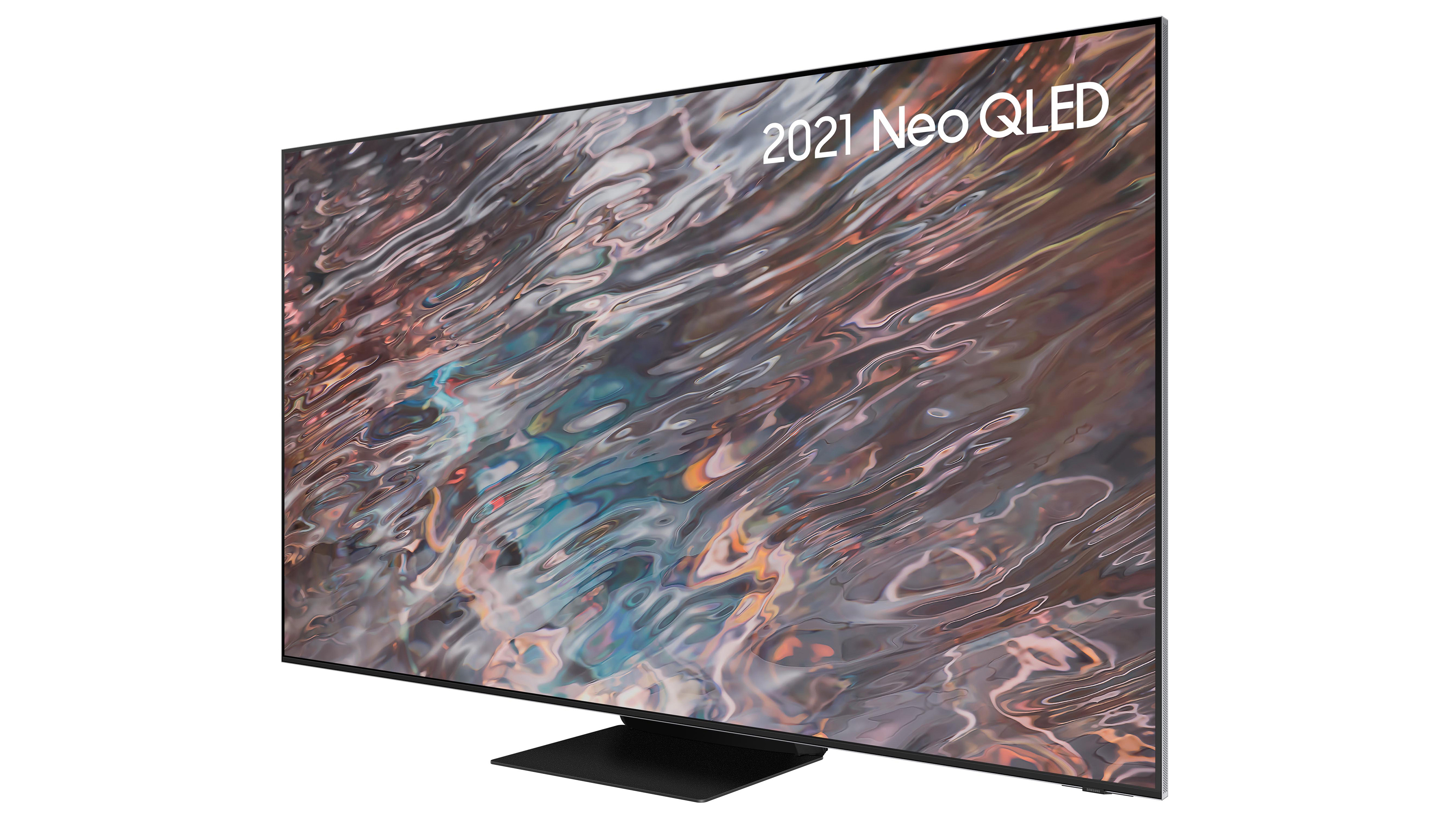

6. Samsung QN800A
Specifications
Reasons to buy
Reasons to avoid
The QN800A was the first 8K model in Samsung's step-down range, which has been replaced by the 'B', 'C' and 'D' model equivalents in the years since. So why is this pick still in our chart? Because its age means it's cheaper than its successors.
The QN800A delivers many of the same features, though, including AI-based processing and upscaling, an advanced sound system, and excellent gaming features including HDMI 2.1 support (with 4K 120Hz and Variable Refresh Rate). So if you want a more affordable and slightly older 8K option, this coukld be for you.
You've still got an ultra-thin design, with the connections and processing all happening in the separate One Connect box, which is attached to the screen by a single thin cable. The Mini LED backlight is still here, and there are a huge number of dimming zones to achieve great contrast alongside the brightness. Upscaling is fantastic, making this a very appealing 8K TV.
What is 8K
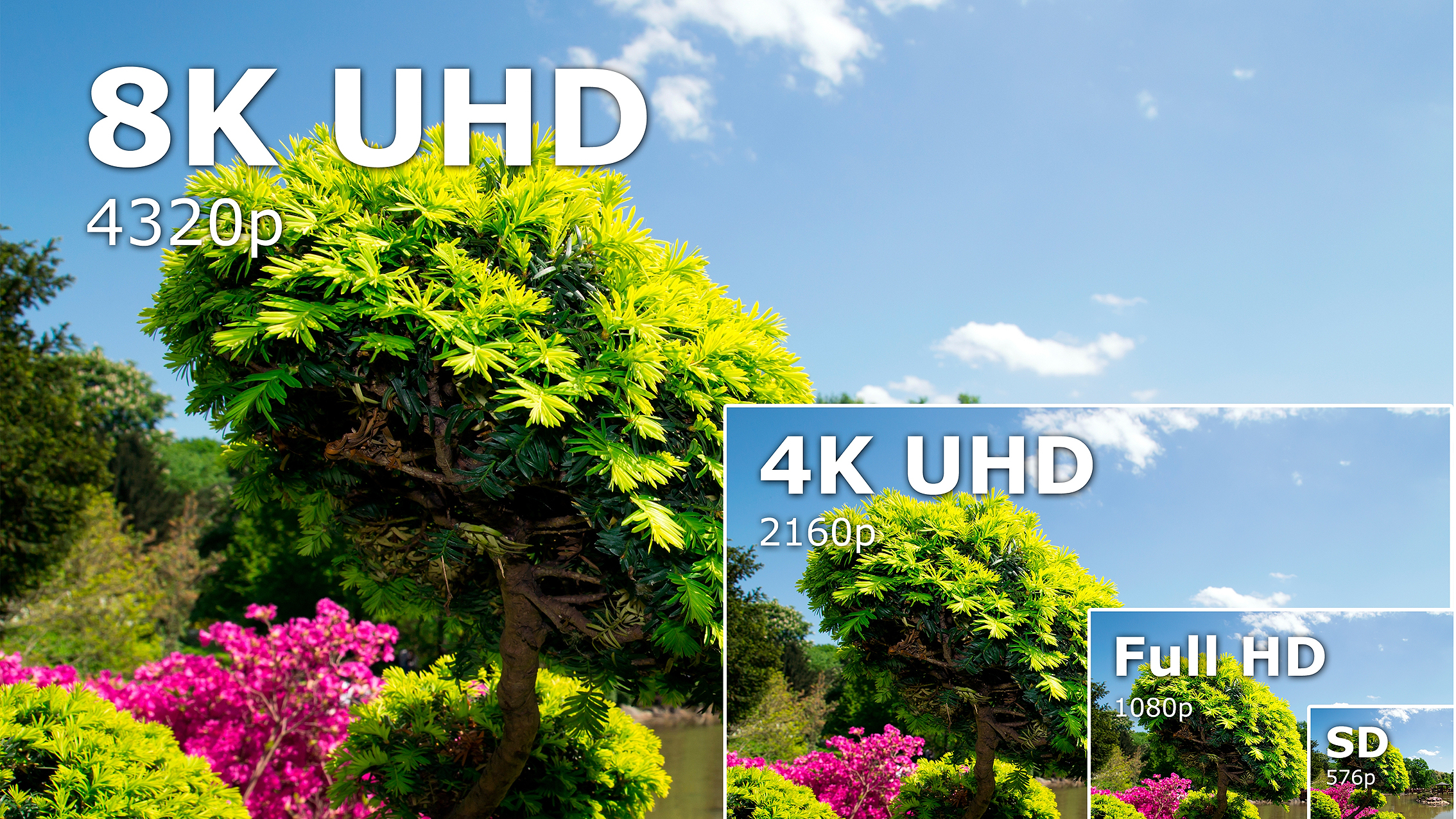
8K: a whole lotta pixels
A normal 8K TV has a resolution of 7680 x 4320. Just as 4K Ultra-HD TVs pack in four times the amount of pixels as Full HD 1080p TVs, 8K quadruples the resolution of 4K.
That means 8K delivers a massive 33 million pixels in total, with the result that most people's stills cameras aren't even able to fill it natively with a single image – it's that big and detailed.
What exactly does 8K mean in this context? It refers to screens that are approximately 8,000 pixels across, just like 4K refers to screens of around 4,000 pixels. It's not a very precise categorisation, but 99 percent of the time, when we're talking about 8K, we're talking about the resolutions mentioned above.
All 8K TVs will have advanced upscaling abilities to make sure that 4K or HD content looks good when the resolution is increased to fill the screen. 4K content is relatively easy to upscale for it, but given that only a limited amount of stuff on streaming services and even less on broadcast is available in 4K, upscaling HD will be what really sorts the 8K TVs worth buying from the also-rans.
To make things look as good as possible, 8K TVs tend to use 'AI upscaling', and if that sounds like total jargon, then check out our 'What is 8K AI upscaling?' guide.
What does 8K mean in terms of visual quality? Traditional 35mm film is often said to be roughly equivalent to about 6K, so we're beyond the level of detail that the most common film for movies is capable of. IMAX 70mm film is estimated to be more like 12K, but actually the digital effects for IMAX scenes tend to be created in 8K, and if that's good enough for Christopher Nolan, it's good enough for us. If you want a headline description of 8K, it's like having the IMAX experience at home.
Is 8K gaming a thing?
Gaming in 8K is sort of possible, if you have a ridiculously powerful PC – you'll need two (at least) of the highest-end graphics cards running in tandem, and the games you play will have to have solid support for it.
Both of the next-gen consoles – Sony's PlayStation 5 and Xbox Series X – have promised to support 8K, but don't expect that to mean that every game will have a true 8K output. That level of power just isn't possible in small boxes right now.
But they will definitely have 8K HDMI support, and may use smart upscaling techniques (similar to what's used now by the PS4 Pro for some demanding 4K games) to create something that looks impressively close to 8K. Time will tell.
So, really, you'll mostly be upscaling existing content. But with a really good upscaler from a 4K video, you actually can still make the most of those extra pixels, especially on a really big screen. It won't look as good as native 8K, but it will look better than 4K, and on a big screen size, that's an improvement worth having.
What HDMI cable to I need for 8K?
Now this is an important – and sexy – question. You can't use the one that came free with your DVD player in 2011, but there is a new HDMI standard that's capable of pushing the number of pixels required for 8K over a single cable. It's called HDMI 2.1, and it has three times the bandwidth of previous HDMI connections.
HDMI 2.1 is backwards compatible with previous HDMI connections, so it's all good for 4K or Full HD using your existing cables, but if you want to connect an 8K source to it, you may need a new higher-speed cable. Cables that are certified to use the full bandwidth of the new connection type are labelled Ultra High Speed HDMI. Whoah.
Is 8K worth the upgrade?
It really could be, but not for the reason you'd assume. Normally, a big resolution jump comes, and we recommend upgrading so you can see beautiful videos in the new resolution… but we've already said that's not the case here.
No, the reason you should buy the one of the best 8K TVs is because they represent the pinnacle of TV tech – buy them because you want the finest motion processing, HDR performance and colour reproduction known to man. Buy them if you want the best TV available, regardless of resolution.
That's not to totally discount that the higher resolution could be a benefit for you, though. There's a good reason 8K TVs often come in bigger-than-65-inch sizes – that's where you'll see the biggest improvement over buying a 4K TV.
If you live in an average-sized home, with a 50- to 65-inch TV maximum, it's not going to be worth it just for the number of pixels, unless you want to sit really close to the screen and pick on every drop of detail.
But if you've got a bigger space, and are looking at 70-inch+ TVs (or even projectors, since there are 98-inch 8K TVs available), or simply if you want the best TV tech going, then an 8K TV is seriously worth considering.
Get all the latest news, reviews, deals and buying guides on gorgeous tech, home and active products from the T3 experts

Mike is T3's Tech Editor. He's been writing about consumer technology for 15 years and his beat covers phones – of which he's seen hundreds of handsets over the years – laptops, gaming, TV & audio, and more. There's little consumer tech he's not had a hand at trying, and with extensive commissioning and editing experience, he knows the industry inside out. As the former Reviews Editor at Pocket-lint for 10 years where he furthered his knowledge and expertise, whilst writing about literally thousands of products, he's also provided work for publications such as Wired, The Guardian, Metro, and more.